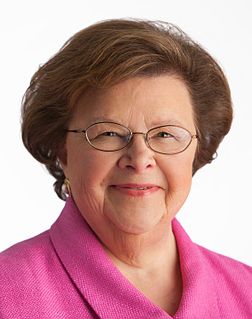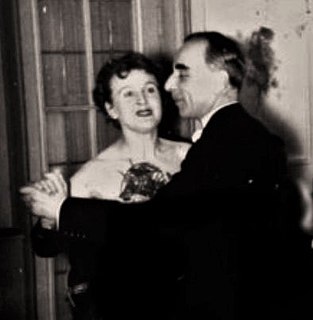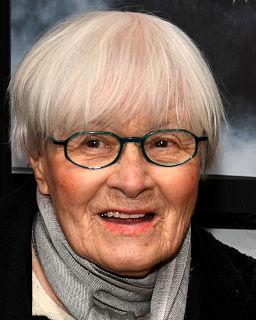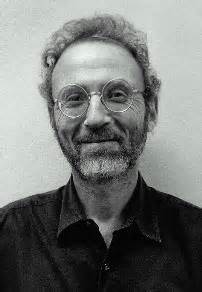A Quote by Carolyn Heilbrun
What marks a writer is this: until she - or he, of course - writes down whatever happened, turns it into a story, it hasn't really happened, it hasn't shape, form, reality.
Related Quotes
Well, I didn't read My Day by Eleanor Roosevelt very carefully. I was away during a lot of that, in the war and so on. She was not all that good a writer. She was a little bit on the banal side, and you know, what happened, and then this happened, and then that happened... But I will say this. She got very well paid for it.
As every writer knows... there is something mysterious about the writer's ability, on any given day, to write. When the juices are flowing, or the writer is 'hot', an invisible wall seems to fall away, and the writer moves easily and surely from one kind of reality to another... Every writer has experienced at least moments of this strange, magical state. Reading student fiction one can spot at once where the power turns on and where it turns off, where the writer writes from 'inspiration' or deep, flowing vision, and where he had to struggle along on mere intellect.
I'm quite sure it happened in Berlin too when Eva [Braun] stayed there later on. I wouldn't know about that because I was scarcely ever there myself. I don't want to suggest she was crying all the time, but then they had their arguments, she was very downcast until she had cried it through. It happened on occasion.
Something may have happened before, and yet this thing that happened just after may be so important that you don't even know about the thing that happened before and when you tell your story to yourself, or to someone else, it's going to be told not on the basis necessarily of the time course, but rather on the basis of how it was valued by you.
Wherever you go, there you are. Whatever you wind up doing, that's what you've wound up doing. Whatever you are thinking right now, that's what's on your mind. Whatever has happened to you, it has already happened. The important question is, "how are you going to handle it?"
.... Like it or not, this moment is all we really have to work with.
Not all that is presented to us as history has really happened; and what really happened did not actually happen the way it is presented to us; moreover, what really happened is only a small part of all that happened. Everything in history remains uncertain, the largest events as well as the smallest occurrence.
A writer writes what interests him and what he can manage, and what he can make live, as Flannery O'Connor said. So my reaction to someone saying "You must!" or "You should!" or even "Hey, why don't you?" is basically to sort of shrug and politely walk off and do whatever I want to do. It's nobody else's business, really, and even if I happened to agree with one of those "musts" or "shoulds" what would I do about it, if my heart wasn't in it?
If you want me to explain the picture, if you put it in reality, then the mystery goes away. The situation just catches you and you think it is absurd or mysterious and you just take the picture. You dont want to see the bare reality of what happened. I took the picture as the picture, not as the realistic story of what happened.
I'm looking for a writer who doesn't know where the sentence is leading her; a writer who starts with her obsessions and whose heart is bursting with love, a writer sly enough to give the slip to her secret police, the ones who know her so well, the ones with the power to accuse and condemn in the blink of an eye. It's all right that she doesn't know what she's thinking until she writes it, as if the words already exist somewhere and draw her to them. She may not know how she got there, but she knows when she's arrived.


































